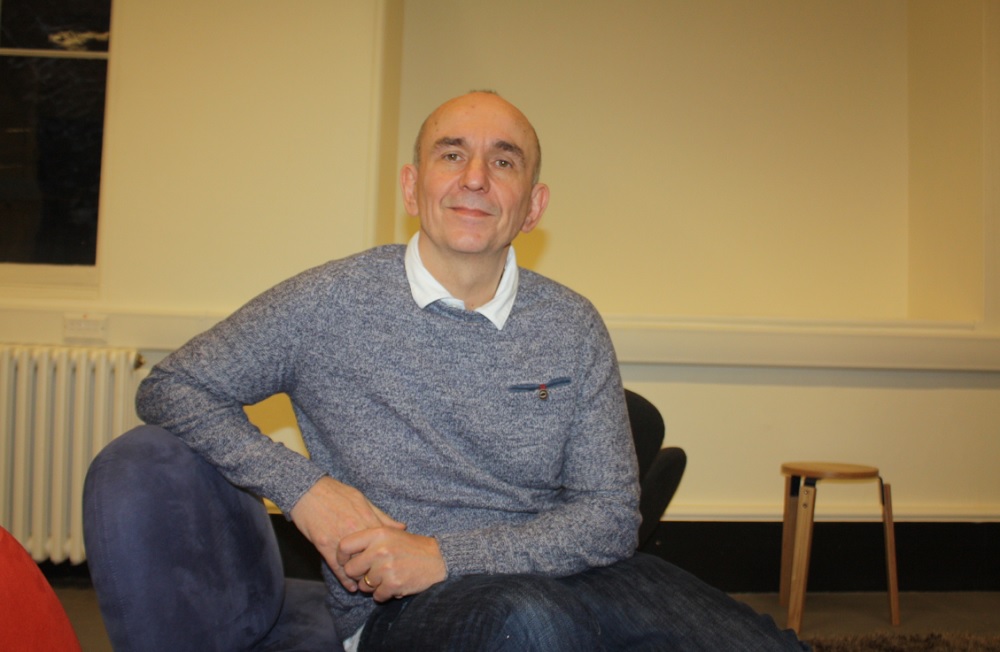Peter Molyneux is a legendary game designer, creator of the first “god game” and maker of hits such as Populous, Black & White, and Fable. He took a lot criticism from Internet haters a few years ago for over-hyping games that hadn’t shipped yet. So he dropped out of sight.
But he didn’t stop making games. Now his 22cans studio in the United Kingdom is about to ship The Trail: Frontier Challenge for the PC. Kongregate will publish it August 16 on Steam for $15. It’s a beefed-up version of The Trail, a mobile game that 22cans released last fall. And Molyneux is back to talking with press because he said his former pledge to stop doing interviews was “childish.”

Unlock premium content and VIP community perks with GB M A X!
Join now to enjoy our free and premium membership perks.
![]()

![]()